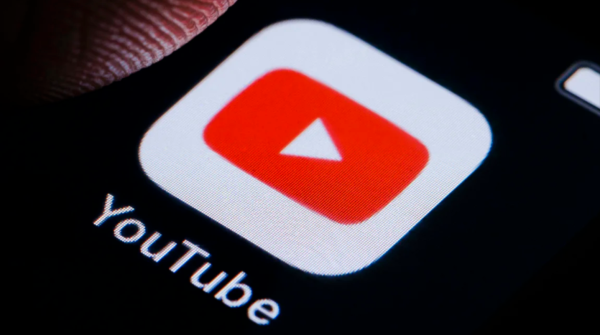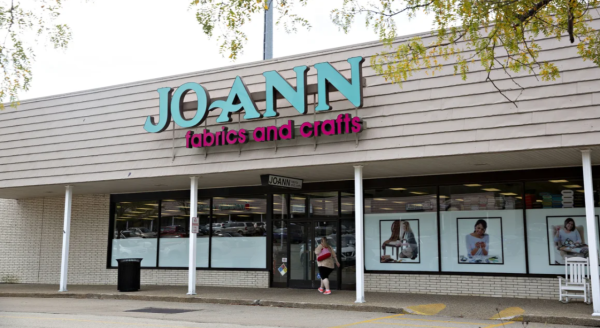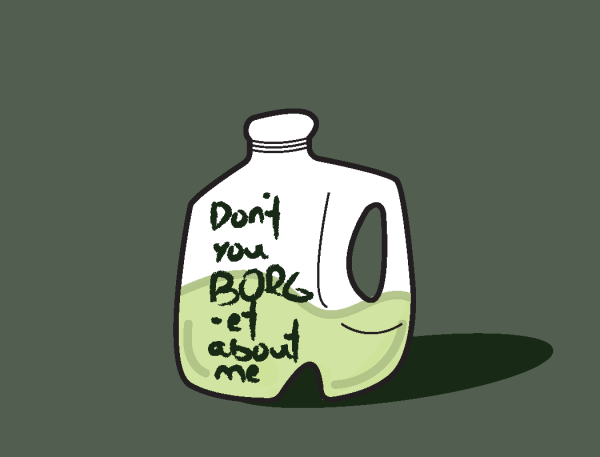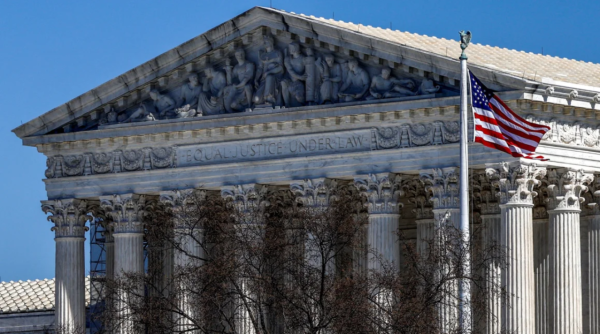Presidential candidates still face issues with millennial voters
September 27, 2016
With the election coming in less than 50 days, both major party presidential nominees must face one of their biggest challenges: millennial voters.
“This is gonna be my first election and probably my worst one,” said Frank Wilde, a freshman computer science major. “I hope something better will happen next time. Both candidates just don’t seem very likable.”
Wilde’s opinion isn’t unusual. This has been one of the most divisive presidential races in recent times, according to Michael Ensley, associate professor of political science at Kent State.
“You could definitely say it’s a unique election because you have two candidates who are so unpopular,” Ensley said.
Both Republican presidential nominee Donald Trump and Democratic presidential nominee Hillary Clinton have likability issues on a national level, but are facing particular dislike among the youth vote.
“It’s kind of like we’re gonna have a president who is qualified but doesn’t excite you, or someone who is terrible and I don’t know how they’re here,” said Grace Weichler, a freshman exploratory major.
Eric Ilg, sophomore criminology and justice studies major, said, “I know there’s more than two candidates, but I don’t like the two main party candidates. I don’t like the choices that we have.”
Ilg supported Vermont Sen. Bernie Sanders in the primary, and plans to write in Sanders on Election day.
“I think even though people say you are throwing away your vote, I don’t want to support either one of the two Democratic or Republican candidates,” Ilg said.
“Usually we’re used to the choice between Republican and Democrat, but frankly there are a lot of voters who just don’t fit neatly into either of those boxes,” Ensley said. “So anytime you come to an election, like this, there’s always that appeal for an Independent third party, another option.”
“If I’m gonna vote it would be for (Liberal Party presidential candidate) Gary Johnson, just because I think I can trust him more than Hillary or Trump,” Wilde said.
Benjamin Hivick, a junior physics major, voted for Sanders in the primary.
“I think a lot of Bernie voters were voters that identified more with him than with the Democratic Party, whereas this wasn’t necessarily the case with me,” he said.
I’ve always seen myself as a Democrat, and I feel that Hillary does fit that mold,” Hivick said. “I was overall hoping for a different candidate for the Democratic Party (other than) Hillary, who I’m voting for, (but) I’m pretty happy with where we arrived with Hillary.”
Einsley said that even if people become disaffected with the choices, they generally prefer one candidate. There’s plenty of Liberals, Democrats and Progressives who are very unhappy about Clinton, he said, “but when they are faced with the reality of Hillary Clinton or Donald Trump they will probably naturally support Clinton,” Ensley said.
“Trump is horrendous, not to be offensive, so I’d vote for Hillary. Also, I find Hillary very impressive as a candidate,” Weichler said. “I feel like she gets a lot worse a reputation than she’s due … she’s done a lot of work, and if anyone were qualified to be president, she’s gonna be qualified.”
Hivick said if young voters being were more informed, they’d realize which qualifications mattered in determining the next president.
“(They’d) realize that even if they don’t like one candidate, that doesn’t mean he or she … is bad for the job just because they don’t like them,” Hivick said.
But Ensley doesn’t discount third party votes, and explained that they may be very effective in certain settings.
“In some ways if you want to think longer term, if you want to send a message to the existing two parties, if you are unhappy, third party protest votes mean something, if they are large,” Ensley said.
Ilg said he hopes millennials will vote for the third party candidates.
“I hope that this election will be for people to realize that there are more than two choices,” he said.
According to Ensley, in this race, third party votes will hurt Clinton more, and the youth vote will be more vital for her but not essential for Trump to win.
“For him it’s a matter of the youth vote sitting on the sidelines. If they stay home that helps him,” Ensley said.
Weichler understands many of her peer’s interest in third party candidates.
“I feel like a third party candidate can be more exciting, kinda like a savior figure, but at the same time the last thing the Democratic Party needs right now is to be split,” Weichler said. “This election is not the time to (invest) into a third party. I think that’s maybe a next election kind of thing.”
Brooke Forrest is the student politics reporter, contact her at [email protected].






















